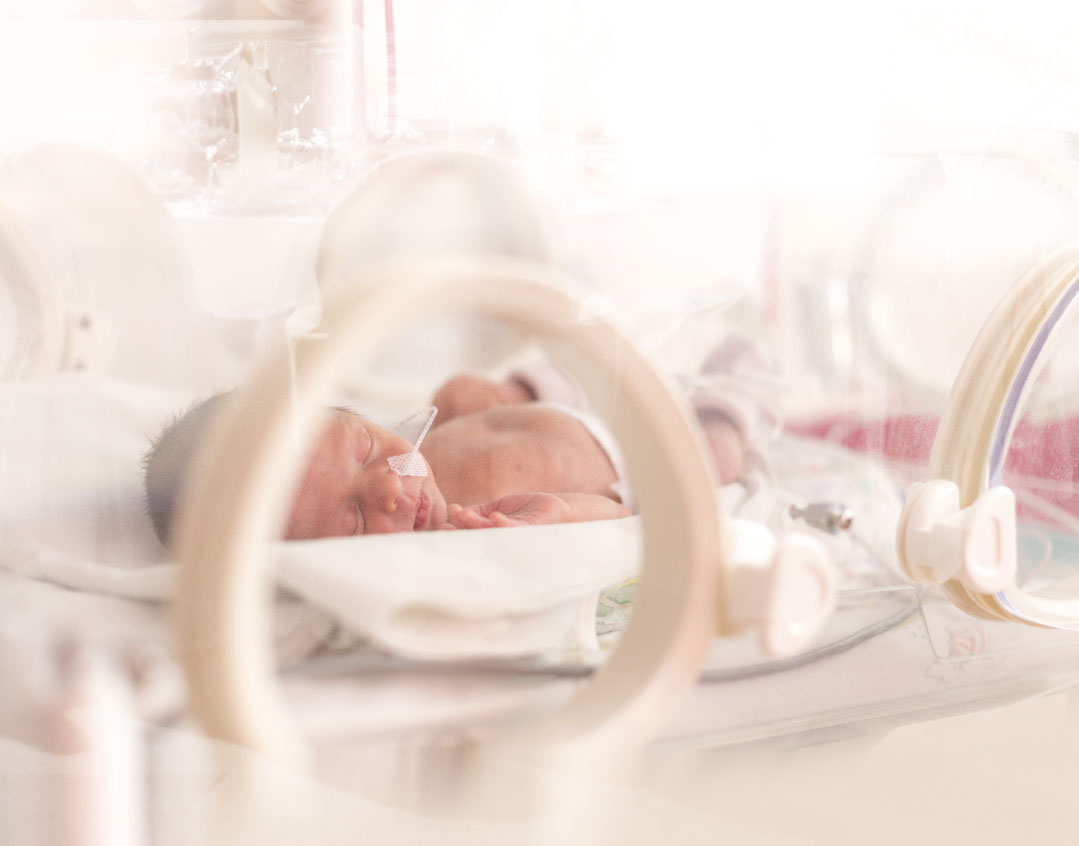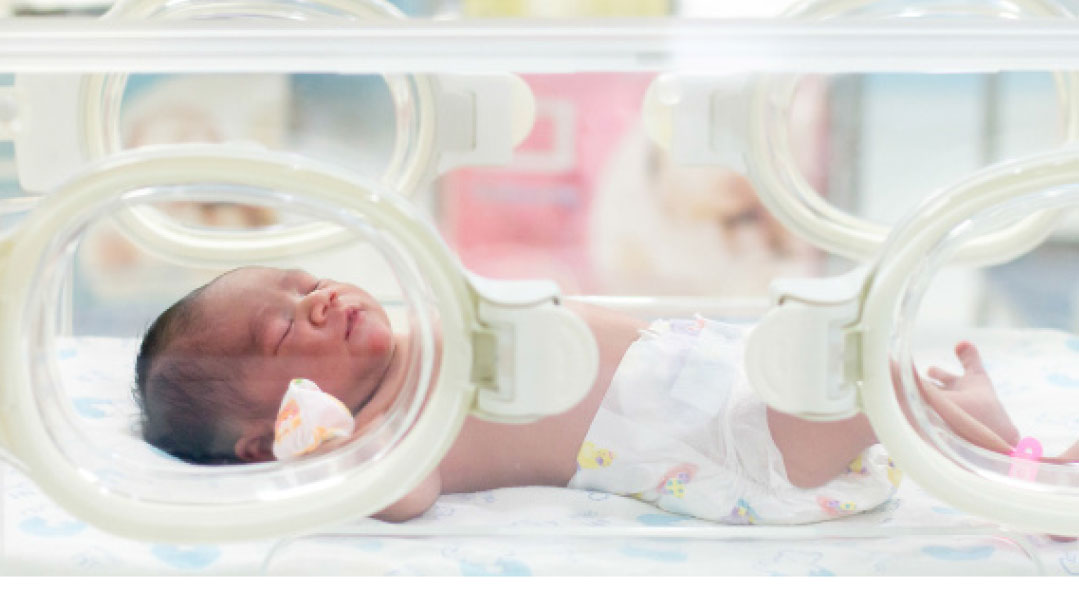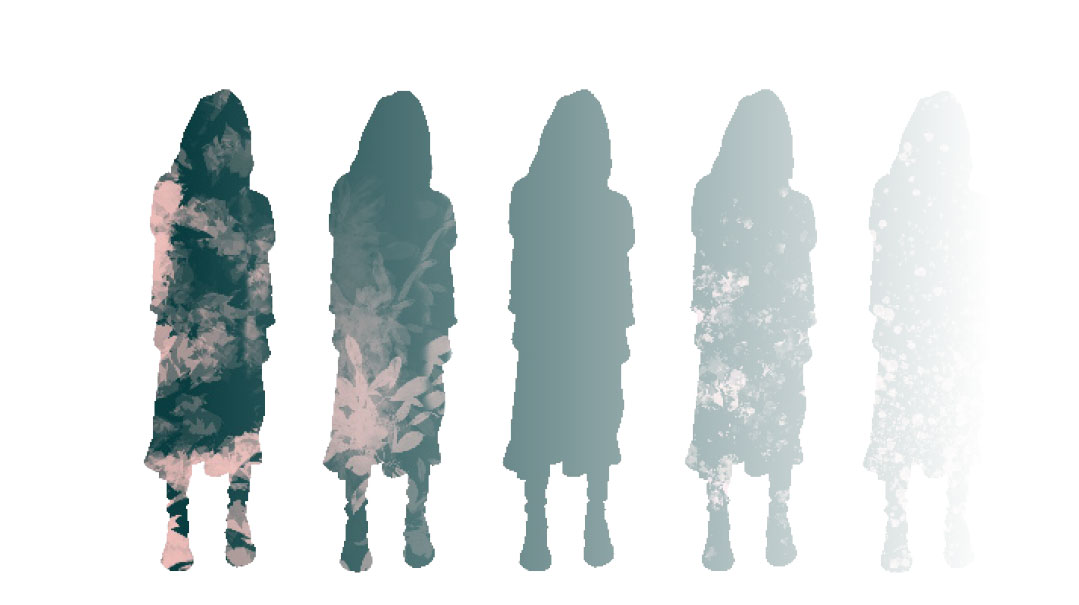Becoming Yael’s Mom
| May 29, 2019She was incubated, and I was released from the hospital. It broke my heart to leave my child alone in the sterile, overly lit neonatal ICU

I
was thrilled to receive confirmation of my impending motherhood, especially in light of dire predictions of fertility issues, and then later, suspicions of a missed miscarriage. My daughter took up residency in my womb, and I loved my new tenant. We never argued about shared space or communal property. I relished each kick and elbow and nudge and willingly gave my body to my growing child.
Apparently, she wasn’t quite as thrilled with her living conditions and decided to vacate the premises after only 32 weeks of occupancy. On October 16, 1982, my beloved daughter arrived in this world, exactly two years after our marriage and one year after we had come on aliyah. We named her Yael.
Yael’s birth wasn't only early; it was very intense and very rapid. I was hospitalized, but no one believed I was in labor. When a midwife finally checked me, I was ready to give birth, and delivery was immediate. Four hours after I first started telling the staff I suspected I was having contractions, my child was born. My first thoughts were of maternal lineage: A firstborn daughter born to a firstborn daughter had created not only a brand-new mother, but a first-time grandmother as well.
Immediately after her birth, the nurses whisked her away. My dreams of nursing my child upon birth, of bonding skin to skin, of smelling her sweet new-baby smell, all vanished in the emergency-like atmosphere surrounding her emergence.
Yael was tiny. Tiny but perfect. She weighed in at two kilograms, which didn’t translate well in my world of pounds and ounces. She had full cheeks and a full head of dark black hair. The only physical sign of her prematurity was the fact that the newborn Pampers came up to her armpits.
When I woke up the morning after her birth, I felt profound loneliness. My child had been lodged right under my heart for so long, I felt her upon awakening, I stroked her as I fell asleep and often during the night she reminded me of her presence with the pressure of her on my back. Now she was no longer inside of me, and I missed her.
She was incubated, and I was released from the hospital. It broke my heart to leave my child alone in the sterile, overly lit neonatal ICU. I traveled in daily to visit her, and no one looking at my postpartum silhouette could tell that I 'd recently given birth. Many mornings, no one stood to give me a seat on the bus, and I exhausted myself standing the 90 minutes each way to the hospital.
There were no cell phones at that time; we didn’t even have a landline. Each morning, I was terrified that something terrible had happened to my daughter during my absence and that the staff would have no way to inform me. I’d run through the hallways to the NICU, unable to stop to say hello to the nurses at the station, desperate to see and confirm for myself that my baby was still alive.
I would sit for eight or nine hours every day next to her incubator, silently weeping. The nurses didn't encourage me to hold her; they preferred the artificial warmth of the incubator over the loving warmth of my arms. No one explained to me what was happening, why I couldn’t take my absolutely gorgeous baby home with me. Every day, during the doctor’s rounds, I’d ask when she would be coming home. And every day I received the same answer: “Maybe tomorrow.”
Each morning I brought a diaper bag filled with onesies and receiving blankets, sweaters and buntings, and adorable hand-knitted booties to the hospital, in the hopes of dressing my little girl in these teensy preemie outfits and bringing her home.
And each day I'd be stabbed again with disappointment, experience heartache and frustration. I'd been pregnant, now I had a child, but we were not yet a family. How I cried. My tears were a mixture of hormonally induced distress, exhaustion, fear, and physical discomfort, but their main ingredient was bewilderment. No one sat down with me to explain that yes, she was perfectly formed and no, she was not in any life-threatening danger.
The problem was simply that she weighed only 4.4 pounds, and she wasn’t gaining any weight. They wanted her to reach a weight of 5.5 pounds before they’d release her. It seemed like an impossible goal. I felt like I was constantly failing at a test that I couldn't prepare for.
Yael ate 50 cc of formula per feed. It took her an hour to eat that amount of fluid. And she had to eat every two hours. The medical staff decided she was wasting too much energy eating; all the calories she consumed were being expended on the act of suckling, and that was the reason she was not gaining weight. They put a nasal gastro tube in and fed her milk directly into her stomach. Now it seemed like she was never going to be released.
After a few weeks they decided she wasn't gaining any weight (duh!) in the NICU and would probably be better off at home. So weighing only 4.224 pounds (yes, at 21 days of age, she'd yet to return to her original birth weight), we finally brought our baby home.
She didn’t look like a preemie; she just looked like a teeny, weeny baby girl, with scrawny legs and matchstick arms. I marveled at her beauty, but was also jealous of the delicious fat little thighs and arms that my neighbor’s baby possessed.
The medical staff wanted her to eat 12 times a day. Each feeding still lasted an hour. My husband and I were a little crazy with exhaustion and felt the isolation that comes with making aliyah without our families. Our daughter never woke for a feeding (did we ever really give her a chance?) and her weight gain was slow and laborious. My husband would set his alarm for two hours ahead, wake me to feed her and try to catch some sleep himself. Often, Yael and I would both fall asleep during the feeding, and as new parents, my husband and I puzzled over how to adjust the timing of her next meal.
Yael set her own pace and didn't respond to the outrageous demands that she gain weight rapidly and that I fatten her up. I put so much effort into becoming a “nursing couple.” I spent hours walking around, cuddling her in the hope that my body would become her main source of nourishment and comfort. I took advice from anyone and everyone. I ate all kinds of weird tasting herbs and spices, drank regular beer and black beer and brewer’s yeast… all in the hopes of providing for my child’s needs.
As hard as it was for us objectively at that time, my husband and I would never describe that period as difficult. We were so filled with awe and overwhelming love for our baby, and the deepest gratitude to Hashem for granting us the privilege of guiding this perfect little soul in this teensy body into His world. We thanked Hashem daily for the miracle He had dropped into our arms.
Thank G-d Yael grew, and remained perfect. Today she's a brilliant, accomplished, independent woman. I look with pride at the individual who granted me the title of “mother.”
I was once asked how I adapted to motherhood. To me it was a natural progression, a fulfillment of a lifelong dream. I loved becoming a mother, and I love being Yael’s mother even more today.
(Originally featured in Family First, Issue 644)
Oops! We could not locate your form.













